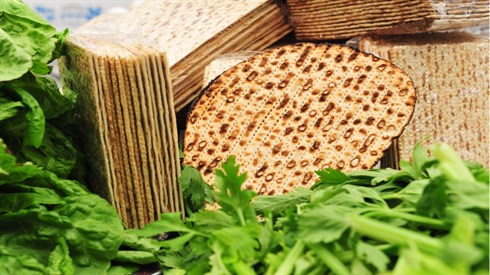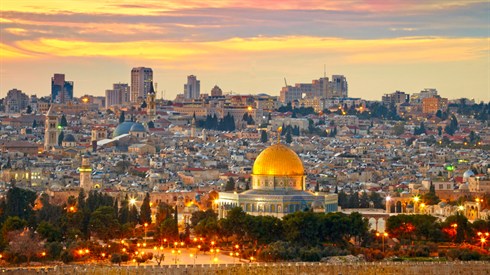- Sections
- Parashat Hashavua
74
It seems to me that the most painful part of the curse is its element of "a man … over his brother." This is itself a great curse. If there is no peace in our "encampment," if, instead of focusing all of our actions on the challenges that exist from outside, we are wasting energies on internal, pointless arguments. It is a curse if, instead of trying to support each other, we try to look for the weak point in our brethren, if the mitzva of rebuking our counterpart is applied in such a distorted manner, so that it is not to try to prevent sinning but rather to try to build oneself up on the "back" of another’s sins. This should not be blamed on this one or that one from this group or that group, but rather it is a curse in and of itself.
In contrast, when the Torah writes about bringing peace, Chazal tell us that this implies, the "peace of Torah" (Bamidbar Rabba 11:7). This is a true blessing, and it is a vessel that holds blessing. If there is no peace, there is nothing positive.
We are so drawn to dispute, as if we are dragged in without the ability to resist. It may not always look that way, but that is the way it is. It is not caused by our willfully wanting it. Rather a sin drags along a sin (Avot 4:2). What this means is that to a certain degree, we lose free will. Rashi says about the string of failures, which begins with "If you shall be repulsed by My statutes" (Vayikra 26:15) that each one of the string of seven sins drags along the other.
The first place to start to improve things is with "the toil of Torah study" (see Rashi, Vayikra 26:3). Once the toil of Torah study ceased, everything turned into politics. The misconception then is that one does not need to work hard at his Torah scholarship to make something of himself but just to work on having a sharp tongue. Once this happens, one believes that the main thing is being na’eh doresh (speaking of doing good). Then it follows that he no longer places much stock on na’eh mekayem (being good at fulfilling what he preaches).

Parashat Hashavua: We Want a Jewish Judicial System Now!
Rabbi Yossef Carmel | Shevat 5785

Interactions between Yehuda and Yosef over the Generations - Part III
Rabbi Yossef Carmel | Tevet 5783

Do Not Desecrate the Land
Rabbi Yossef Carmel | Tammuz 5767

“You Shall Do for Me a Sanctuary... Tabernacle”
Rabbi Yossef Carmel | 28 Shvat 5768

The Laws of Matza
Chapter Twelve-Part One
Rabbi Eliezer Melamed | 5775

Mourning Customs During the Omer
Rabbi Eliezer Melamed | 5764

The Laws of Matza
Chapter Twelve-Part One
Rabbi Eliezer Melamed | 5775

Mourning Customs During the Omer
Rabbi Eliezer Melamed | 5764
Daf Yomi Sanhedrin Daf 113
R' Eli Stefansky | 11 Nisan 5785








